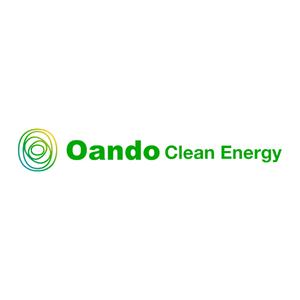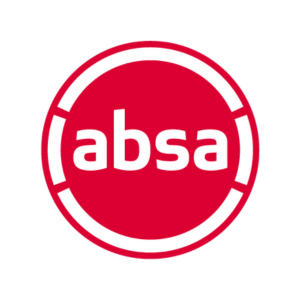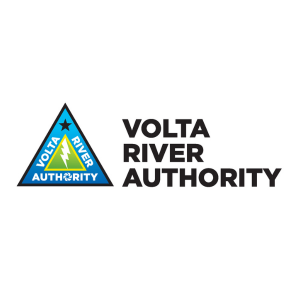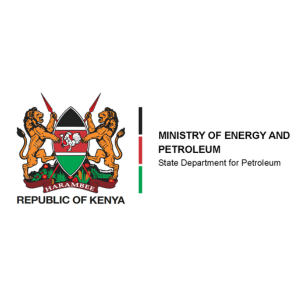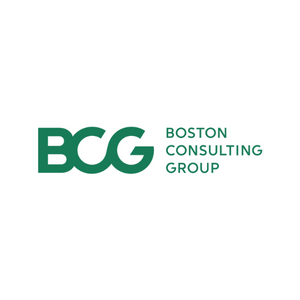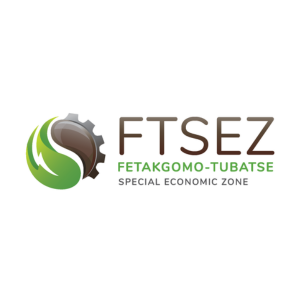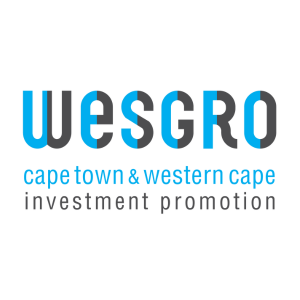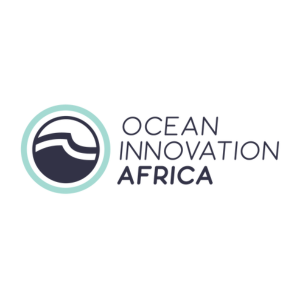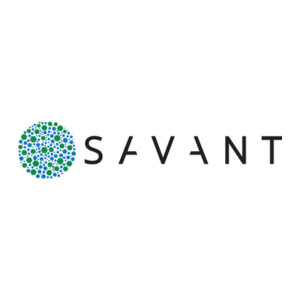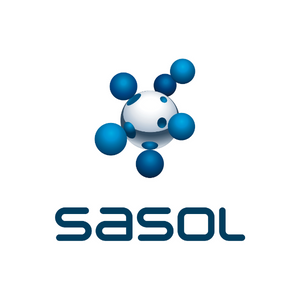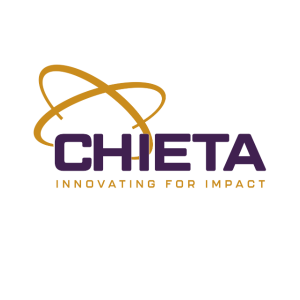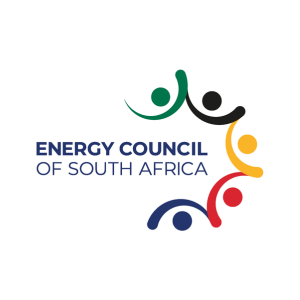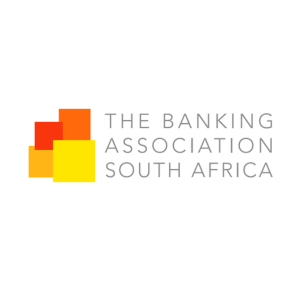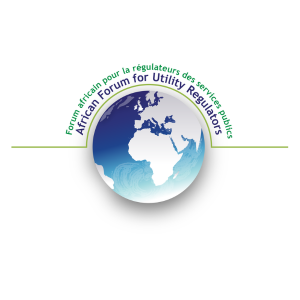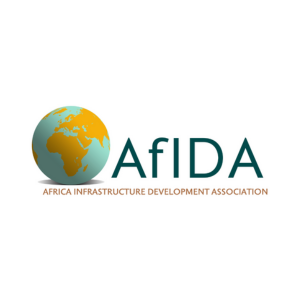Jul 03 | 2023
Unlocking Investments and Accelerating Energy Transitions in South Africa, Senegal, and Beyond
European development partners commit to Africa’s renewable energy sector
European development partners are working with African countries, including South Africa and Senegal, to scale up investments in renewable energy as countries on the continent seek to boost the share of renewables in their energy mix.
In June, South Africa and the governments of Netherlands and Denmark launched a $1 billion green hydrogen fund to help unlock investments in renewable energy projects as Africa’s third largest economy seeks to transition away from the use of coal.
The new ‘SA-H2 Fund’ was launched in Pretoria where Prime Minister Mark Rutte from the Netherlands and Prime Minister Mette Frederiksen from Denmark held official talks with President Cyril Ramaphosa and concluded a Heads of Agreement.
The SA-H2 fund draws support from Climate Fund Managers (CFM) and Invest International B.V. (II) of the Netherlands, Sanlam Ltd. of South Africa, the Development Bank of Southern Africa (DBSA), and the Industrial Development Corp. of South Africa (IDC), in collaboration with other strategic partners, according to the DBSA.
“South Africa combines deep technical and capital markets with world-class conditions for generating renewable electricity through solar and wind power, key drivers in the production of green hydrogen,” CEO of Climate Fund Managers Andrew Johnstone said in a joint statement. “Fitting within the framework of the Just Energy Transition, SA-H2 will help empower South Africa to claim its rightful place as a world leader in this exciting and necessary sector.”
South Africa is betting on its energy transition plan to create a production and export hub for green hydrogen, an alternative fuel industrialized nations hope can help them reach their ambitious goal of net-zero carbon emission by 2050.
Just Energy Transition Partnership with South Africa
In 2021, South Africa became the first African country to seal a Just Energy Transition Partnership with the governments of France, Germany, the United Kingdom, the United States and the European Union to mobilise an initial $8.5 billion towards its energy transition.
Just Energy Transition Partnerships -- backed by France, Germany, the European Union, the United Kingdom and Canada -- aim to bridge the gap between developed and developing nations in moving towards clean energy.
The Partnership with South Africa is expected to prevent up to 1-1.5 gigatonnes of emissions over the next 20 years as the country accelerates its transition to a low emission, climate resilient economy.
“This partnership is a global first and could become a template on how to support just transition around the world,” European Commission President Ursula von der Leyen said in a statement from the Commission. “By joining forces, we can speed up the phasing out of coal in partner countries, while supporting vulnerable communities that depend on it. Ensuring a just transition is a priority for the EU, both at home and abroad.”
Partnership for renewable energy in Senegal
At the June Summit for a New Global Financial Pact in Paris, Senegal struck a deal with countries backing JETP, becoming the latest country from the continent to do so after South Africa. The deal with Senegal unlocks an initial 2.5 billion euros ($2.74 billion) in finance to develop its renewable energy sector as it speeds up its transition to a low-carbon economy.
“Diversifying our energy sources and our supply chains will increase our resilience,” President of Senegal Macky Sall said in a statement, adding that the partnership for a just energy transition (JETP) “will make it possible to support the Senegalese dynamic that we started several years ago of incorporating renewable energies into our energy mix.”
The partnership will help Senegal achieve its target of 40% of installed capacity from renewable energies by 2030. It also includes an investment plan due within twelve months to implement Senegal’s vision of a just and equitable energy transition.
EU-Africa partnership for energy
The countries in Africa have some of the world’s richest sustainable energy resources, yet, around 600 million people still lack access to electricity.
To help close the energy deficit on the continent, the European Union made a proposal in 2021 to make energy access, especially green energy, one of the main pillars of its relations with Africa.
In November last year, the Union launched the EU-Africa Green Energy Initiative to support the deployment of at least 50 gigawatts of renewable electricity, with the aim of providing at least 100 million people with access to electricity by 2030.
The EU also pledged €3.4 billion in grants to support renewable energy, energy efficiency, the just transition and the greening of local value chains. Accrding to the EU, part of the money will be used to leverage private sector investments via guarantees and blending.
Registration is now open for #GEA23, click here to register
European development partners are working with African countries, including South Africa and Senegal, to scale up investments in renewable energy as countries on the continent seek to boost the share of renewables in their energy mix.
In June, South Africa and the governments of Netherlands and Denmark launched a $1 billion green hydrogen fund to help unlock investments in renewable energy projects as Africa’s third largest economy seeks to transition away from the use of coal.
The new ‘SA-H2 Fund’ was launched in Pretoria where Prime Minister Mark Rutte from the Netherlands and Prime Minister Mette Frederiksen from Denmark held official talks with President Cyril Ramaphosa and concluded a Heads of Agreement.
The SA-H2 fund draws support from Climate Fund Managers (CFM) and Invest International B.V. (II) of the Netherlands, Sanlam Ltd. of South Africa, the Development Bank of Southern Africa (DBSA), and the Industrial Development Corp. of South Africa (IDC), in collaboration with other strategic partners, according to the DBSA.
“South Africa combines deep technical and capital markets with world-class conditions for generating renewable electricity through solar and wind power, key drivers in the production of green hydrogen,” CEO of Climate Fund Managers Andrew Johnstone said in a joint statement. “Fitting within the framework of the Just Energy Transition, SA-H2 will help empower South Africa to claim its rightful place as a world leader in this exciting and necessary sector.”
South Africa is betting on its energy transition plan to create a production and export hub for green hydrogen, an alternative fuel industrialized nations hope can help them reach their ambitious goal of net-zero carbon emission by 2050.
Just Energy Transition Partnership with South Africa
In 2021, South Africa became the first African country to seal a Just Energy Transition Partnership with the governments of France, Germany, the United Kingdom, the United States and the European Union to mobilise an initial $8.5 billion towards its energy transition.
Just Energy Transition Partnerships -- backed by France, Germany, the European Union, the United Kingdom and Canada -- aim to bridge the gap between developed and developing nations in moving towards clean energy.
The Partnership with South Africa is expected to prevent up to 1-1.5 gigatonnes of emissions over the next 20 years as the country accelerates its transition to a low emission, climate resilient economy.
“This partnership is a global first and could become a template on how to support just transition around the world,” European Commission President Ursula von der Leyen said in a statement from the Commission. “By joining forces, we can speed up the phasing out of coal in partner countries, while supporting vulnerable communities that depend on it. Ensuring a just transition is a priority for the EU, both at home and abroad.”
Partnership for renewable energy in Senegal
At the June Summit for a New Global Financial Pact in Paris, Senegal struck a deal with countries backing JETP, becoming the latest country from the continent to do so after South Africa. The deal with Senegal unlocks an initial 2.5 billion euros ($2.74 billion) in finance to develop its renewable energy sector as it speeds up its transition to a low-carbon economy.
“Diversifying our energy sources and our supply chains will increase our resilience,” President of Senegal Macky Sall said in a statement, adding that the partnership for a just energy transition (JETP) “will make it possible to support the Senegalese dynamic that we started several years ago of incorporating renewable energies into our energy mix.”
The partnership will help Senegal achieve its target of 40% of installed capacity from renewable energies by 2030. It also includes an investment plan due within twelve months to implement Senegal’s vision of a just and equitable energy transition.
EU-Africa partnership for energy
The countries in Africa have some of the world’s richest sustainable energy resources, yet, around 600 million people still lack access to electricity.
To help close the energy deficit on the continent, the European Union made a proposal in 2021 to make energy access, especially green energy, one of the main pillars of its relations with Africa.
In November last year, the Union launched the EU-Africa Green Energy Initiative to support the deployment of at least 50 gigawatts of renewable electricity, with the aim of providing at least 100 million people with access to electricity by 2030.
The EU also pledged €3.4 billion in grants to support renewable energy, energy efficiency, the just transition and the greening of local value chains. Accrding to the EU, part of the money will be used to leverage private sector investments via guarantees and blending.
Registration is now open for #GEA23, click here to register

